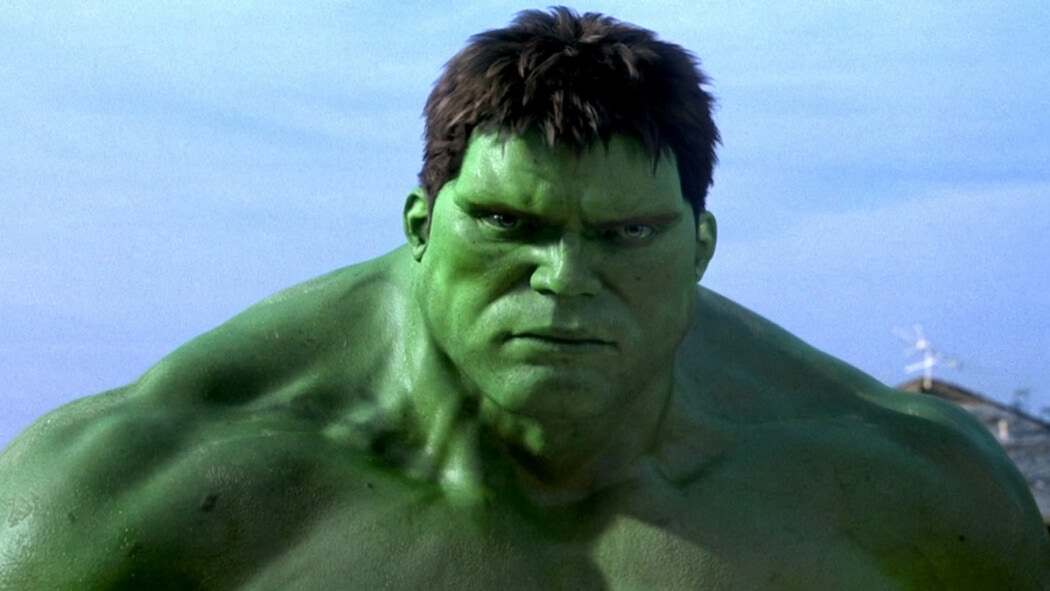In the vast universe of superhero movies, certain titles manage to linger in the collective consciousness of fans, sparking debates and discussions that span years, if not decades. One such film that has managed to retain its relevance and provoke continuous discourse is Ang Lee’s Hulk, released in 2003. The film, currently available for streaming on Netflix, has become a subject of perpetual debate among fans and critics alike, with its bold narrative choices and psychological depth either being lauded or criticised.
Hulk emerged in the early 2000s, a time when the superhero genre was gradually gaining traction, with a handful of successful adaptations heralding a prosperous era for comic book movies. The film was released half a decade before the birth of the Marvel Cinematic Universe (MCU) in 2008, solidifying its position as a precursor to the superhero revolution.
A Deep Dive into Bruce Banner’s Psyche
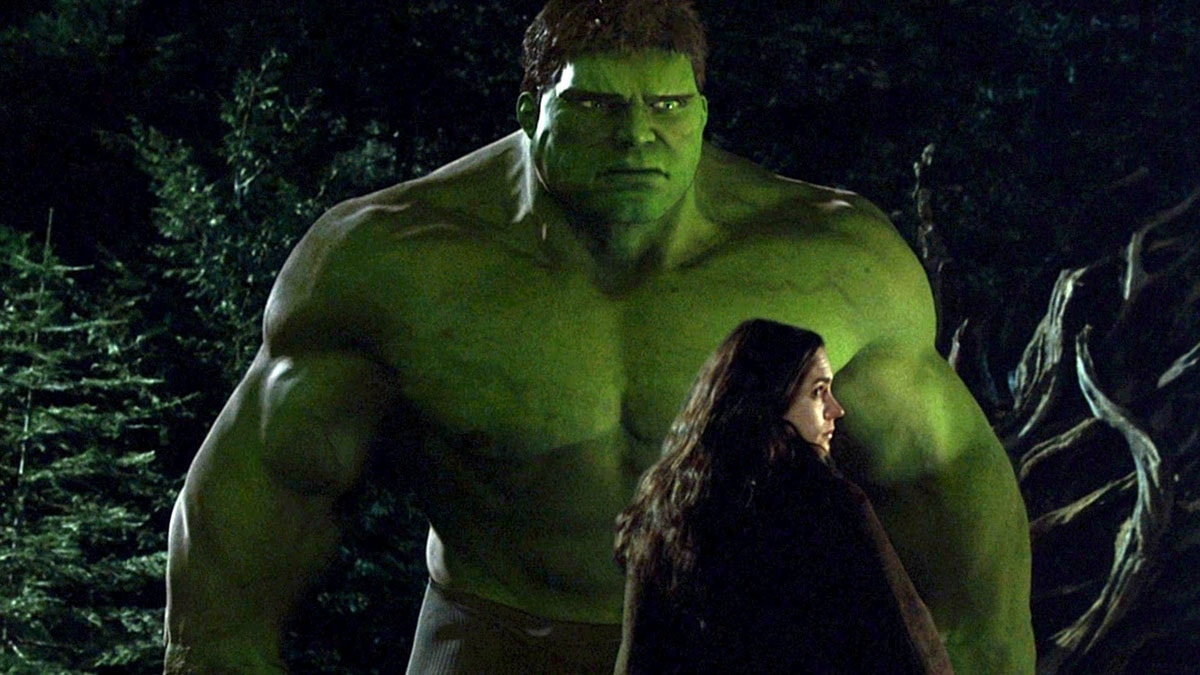
Credit: Universal Studios
READ MORE: The Devil’s Plan Next Episodes Release Date, Cast, Plot, Theories & Predictions
The Transformation of a Scientist into a Beast
Hulk revolves around the brilliant scientist, Bruce Banner, who, following an accident in his lab involving gamma radiation, finds himself transforming into a massive green behemoth known as the Hulk whenever he experiences intense anger or stress. The accidental exposure to gamma radiation intermingles with a unique genetic code he inherited from his father, exacerbating Banner’s situation, and unleashing suppressed rage rooted in a troubled familial past.
Familial Strife and Military Pursuit
The film intricately weaves familial strife and the unyielding chase by the military, crafting a narrative steeped in tragedy, the quest for identity, and the enduring struggle between the human and the monster within. Bruce Banner grapples with his new reality, while the military, learning of his unique abilities, seeks to harness his Hulk power for their own purposes, pushing him further into a life of chaos and isolation.
Ang Lee’s Visionary Approach to Superhero Movies
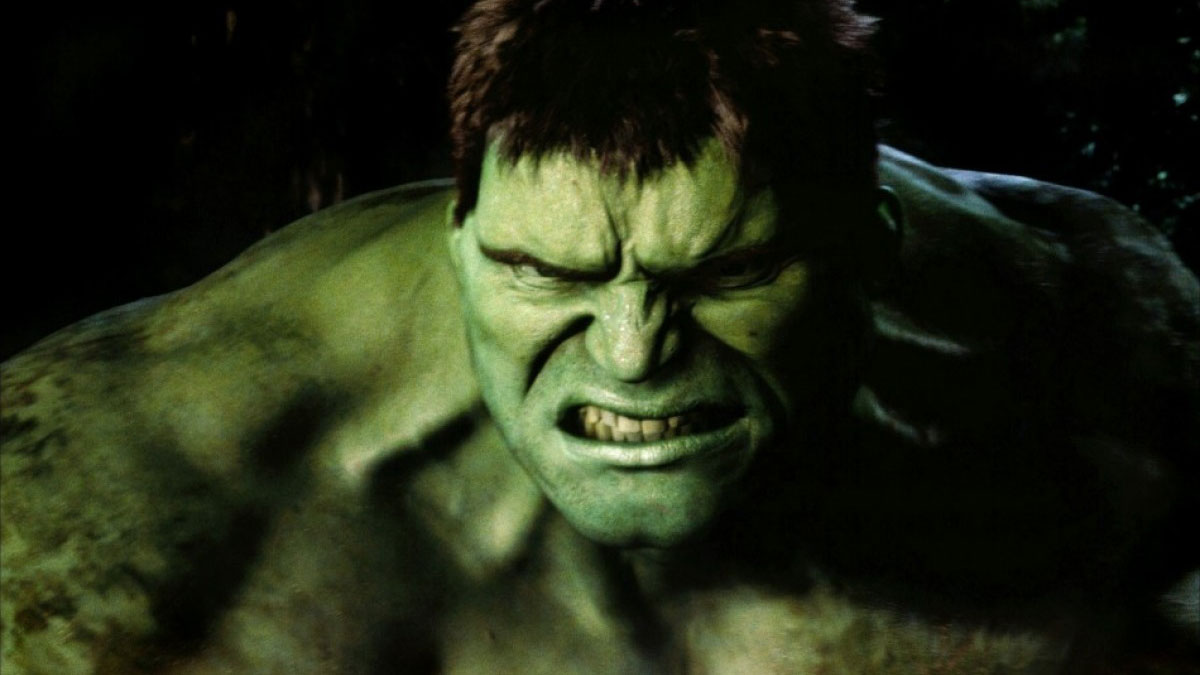
Credit: Universal Studios
READ MORE: Dear Child Season 2 Casting News, Release Date, Plot, Theories & Predictions
Artistic Sensibility and Narrative Depth
Director Ang Lee introduced a distinctive and artistic sensibility to Hulk. His prior cinematic accomplishments, exemplified by works like Crouching Tiger, Hidden Dragon, had firmly established him as a filmmaker with the ability to seamlessly weave artistic elements into action-packed narratives. The cast, featuring Eric Bana as Bruce Banner/The Hulk, Jennifer Connelly as Betty Ross, and Nick Nolte as David Banner, added depth and richness to the project.
Divided Reception and Financial Performance
Despite the considerable anticipation surrounding Hulk prior to its release, the film had a moderate box office performance, earning approximately $245 million globally. Critics and audiences offered mixed reviews, with some appreciating the film’s bold examination of the character’s psychological and emotional struggles, while others deemed it excessively cerebral for a superhero flick.
The Enduring Debate Among Fans
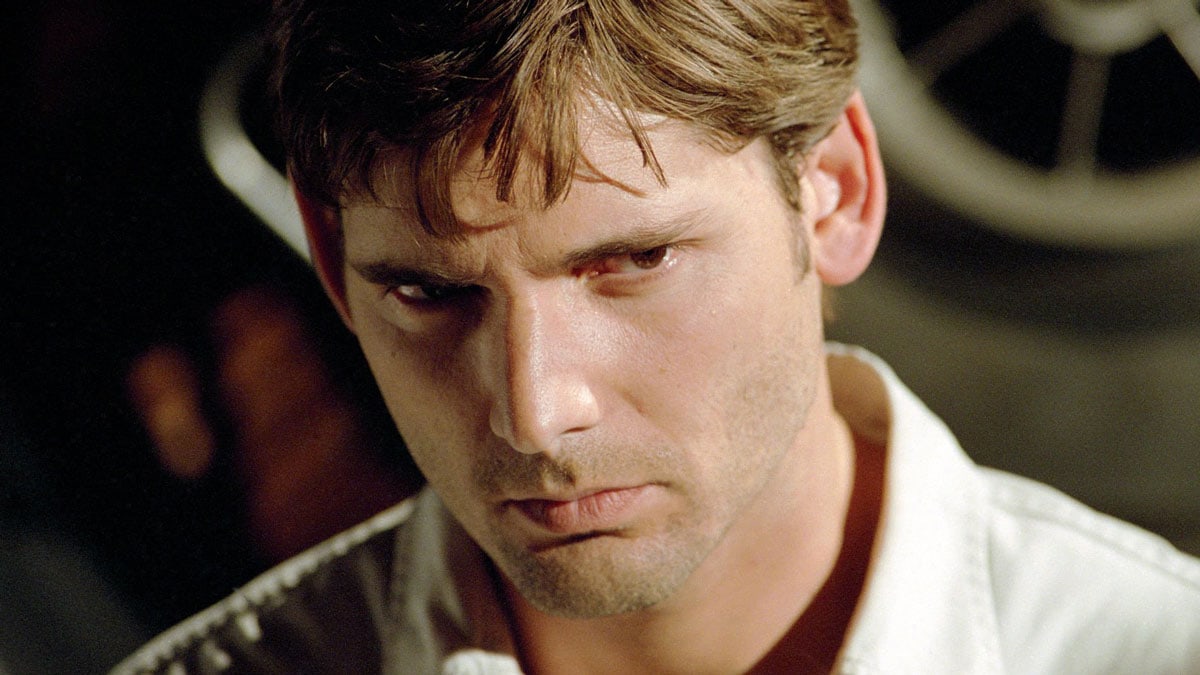
Credit: Universal Studios
READ MORE: Kengan Ashura Season 3 Release Date, Cast, Plot, Theories & Predictions
Departure from Traditional Superhero Narrative
A significant point of contention among fans regarding Hulk is its departure from the traditional superhero narrative style. Ang Lee’s artistic direction, characterized by his utilization of comic book panel layouts and visual motifs, was considered a bold departure that didn’t connect with all audiences.
Comparisons with Subsequent Hulk Portrayals
The recasting of Bruce Banner in the 2008 film The Incredible Hulk, with Edward Norton taking over from Eric Bana, also sparked a major debate among fans. This transition marked a strategic alignment with the emerging aesthetic of the MCU, steering towards a lighter, action-driven narrative contrary to the introspective tone of the 2003 film.
Final Thoughts on Hulk on Netflix
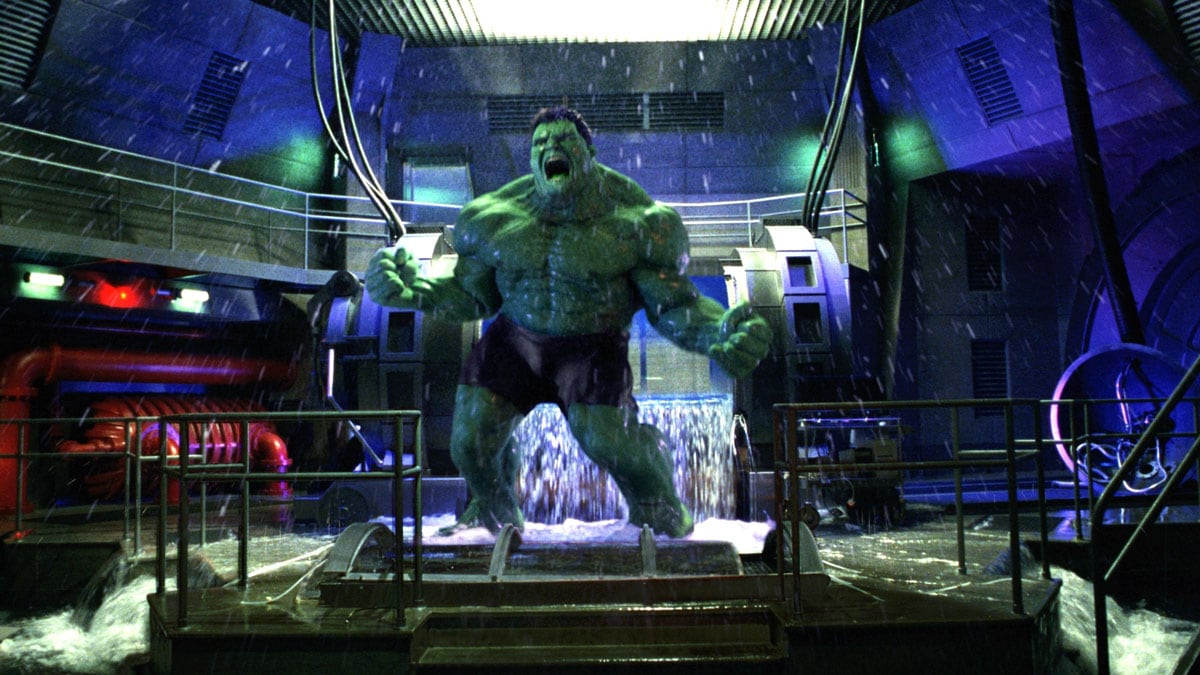
Credit: Universal Studios
READ MORE: Alice In Borderland Season 3 Release Date, Cast, Plot, Theories & Predictions
In retrospect, Hulk holds a distinctive place in the history of superhero cinema, both as an early foray into the genre and as a source of ongoing discussion and debate among fans and critics. Its boldness in exploring complex psychological themes and its stylistic experimentation laid the groundwork for future superhero films, contributing to the genre’s evolution into the vibrant and diverse landscape we see today.
As superhero films continue to evolve, Hulk remains a pivotal point of discussion, reflecting the diverse expectations and desires of the audience. Whether it’s appreciated for its psychological depth and artistic experimentation or critiqued for its divergence from traditional superhero narratives, Hulk on Netflix will likely continue to be a topic of discussion for years to come, embodying the multifaceted nature of superhero films and their capacity to spark enduring debates.
What do you make of this news? Have you watched Hulk on Netflix? Do you think it’s a good superhero movie or a bad one? Let us know your thoughts in the comments below.
You can stream Hulk on Netflix right now.

